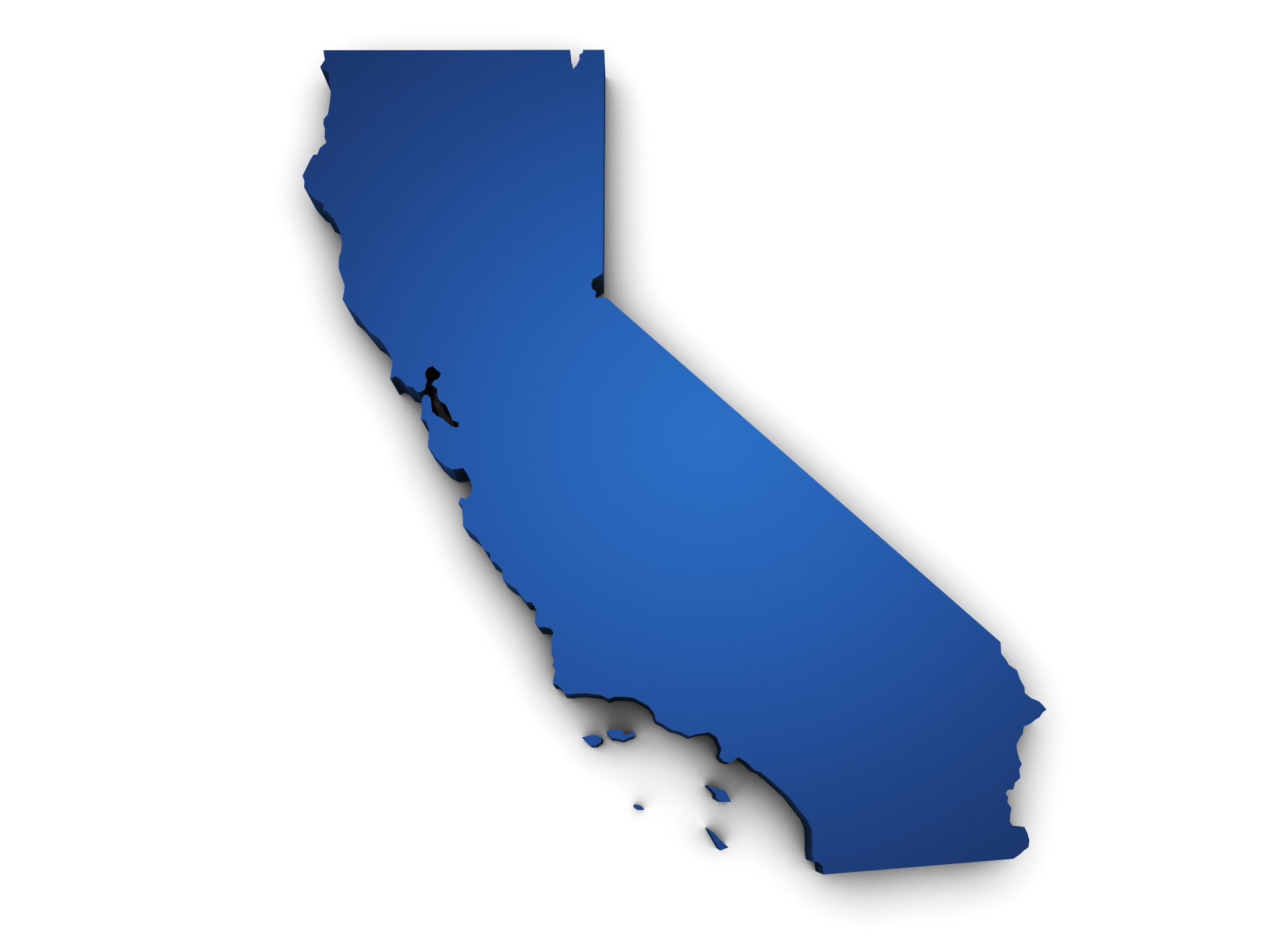With the Dec. 19 signing of the Virginia Graeme Baker Pool and Spa Safety Act of 2007, President Bush approved incentives for states to adopt comprehensive pool safety laws that will protect children from life-threatening injuries and death from pool and spa drains.
Included as part of a comprehensive energy bill (H.R. 6), the legislation was named for Graeme Baker, the granddaughter of former Secretary of State James A. Baker, III. Graeme died in a tragic suction entrapment incident at the age of 7 that occurred when a spa drain’s powerful suction entrapped her underwater.
The new legislation will provide grants to states that pass comprehensive pool and spa safety laws. The federal bill would require states to then use the funds to hire and train personnel for the proper enforcement of those laws.
In addition, states would be required to use the grant money to spread the word about their state laws and drowning prevention practices to pool owners and operators; companies that construct, install and/or service pools; and the public. It’s all in an effort to promote a higher awareness of pool and spa safety.
While this state incentive/education program is a widely known benefit of the bill, very few aquatics professionals realize the full magnitude the new legislation will have on the industry as a whole. In fact, the new law has put into effect a full-scale federal pool and spa safety standard issued by the Consumer Product Safety Commission on all public pools that will be enforced in 12 months.
Under the new legislation, a public pool or spa means that it is either generally open to the public, either for a fee or free of charge, or is open exclusively to:
- Members of an organization and their guests
- Residents of a multi-unit apartment building, apartment complex, residential real estate development or other multifamily residential area (other than a municipality, township or other local government jurisdiction)
- Patrons of a hotel or other public accommodations facility
- Facilities operated by the federal government (or by a concessionaire on behalf of the federal government) for the benefit of members of the armed forces and their dependents or employees of any department or agency and their dependents.



